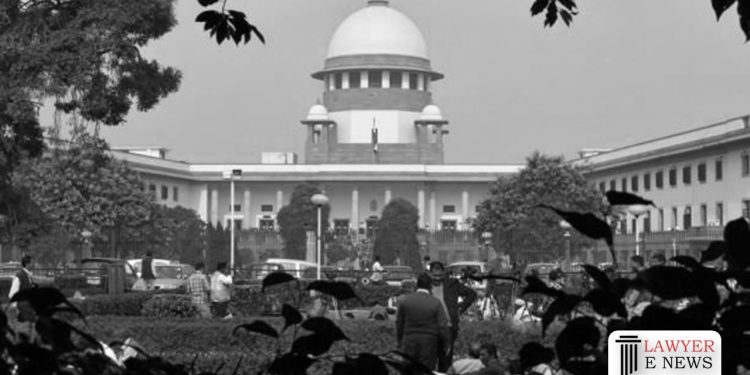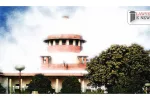Supreme Court Affirms Legality of Senior Advocate Title: Dismisses Claims of Favouritism

In a landmark judgment, the Supreme Court of India has upheld the constitutionality of designating Advocates as Senior Advocates under the Advocates Act, 1961, and the Supreme Court Rules, 2013. The Court dismissed allegations of creating a privileged class of Advocates, emphasizing the importance of merit-based recognition in the legal profession.
The petition, filed by practicing Advocates, had challenged the system of designating Senior Advocates, alleging that it violated the principles of equality, Right to Practice, and Right to Life under the Constitution of India. The petitioners argued that this system had led to the legal industry being monopolized by a select few, including Judges’ relatives and politicians, to the detriment of other meritorious practitioners.
Justice Sanjay Kishan Kaul, writing the judgment, commented on the reckless nature of the petition’s allegations, stating, “The pleadings of petitioner no.1 are almost reckless in character… These averments are contemptuous in character.”
The Court emphasized that the classification of Advocates into Senior Advocates and other Advocates was based on merit and expertise, not arbitrary or artificial grounds. Justice Kaul stated, “The seniority of advocates is premised on a standardized metric of merit aimed at forwarding the standards of the profession.”
Furthermore, the Court highlighted that the designation of Senior Advocate was a recognition of merit by the Court and was aimed at enhancing the efficiency of the legal system. The Court pointed out that this recognition was subject to strict standards and was not available to all Advocates.
In its conclusion, the Supreme Court dismissed the petition, stating, “We have not the slightest hesitation in coming to the conclusion that this writ petition is a misadventure largely of petitioner No.1… Obviously, the system is not able to correct petitioner No.1 in his approach.”
This judgment reinforces the role of merit-based recognition in the legal profession and affirms the constitutionality of the Senior Advocate designation. It is seen as a significant decision that upholds the principles of the legal profession while rejecting allegations of privilege and monopolization.
Date of Decision: October 16, 2023
MATHEWS J. NEDUMPARA & ORS. vs UNION OF INDIA & ORS.






